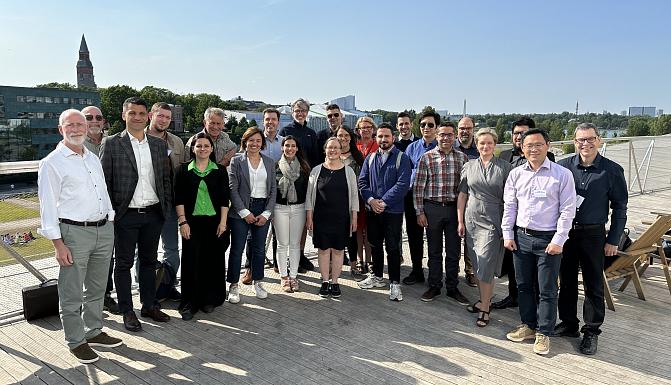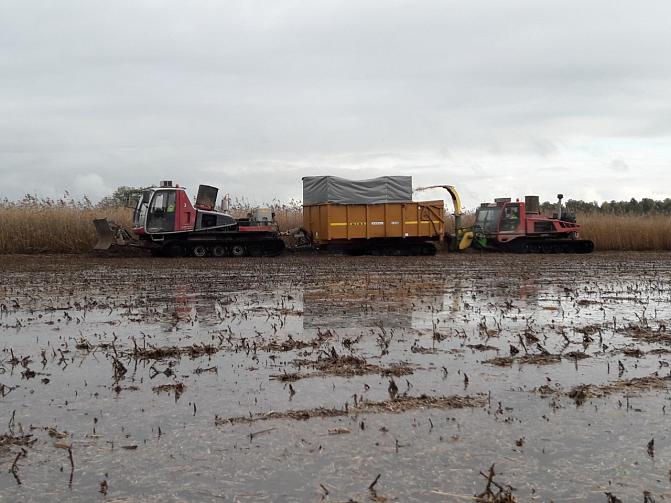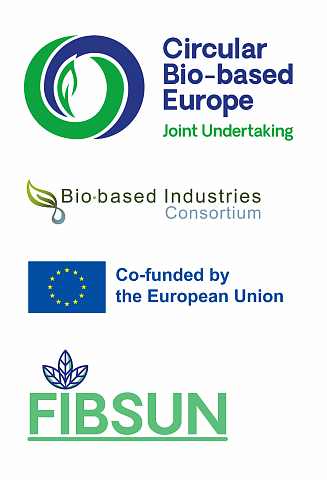Fibsun, a project within the Circular Bio-based Europe (CBE), is on a mission to facilitate bio-based fibre value chains with wide impacts on sustainability. Bearing the title "Novel Fibre Value Chains & Ecosystem Services from Sustainable Feedstocks", Fibsun stands ready to bring industry and researchers together to tackle the lack of sustainable alternatives in the construction, automotive and textile sectors.
“There is an urgent need for biobased materials to replace, e.g. fossil-based counterparts used today in automotive and construction products”, says Stergios Adamopoulos from Swedish University of Agricultural Sciences (SLU), the professor responsible for material science in FIBSUN.
Fibsun’s 17 partners under the leadership of the Natural Resources Institute Finland (Luke) are dedicated to developing the utilization of underutilized crops, processing of fibres and optimizing novel bio-based fibre value chains.






